Why A Railway Minister Must Step Down After A Major Train Accident
Fri 31 Mar 2017, 18:20:00
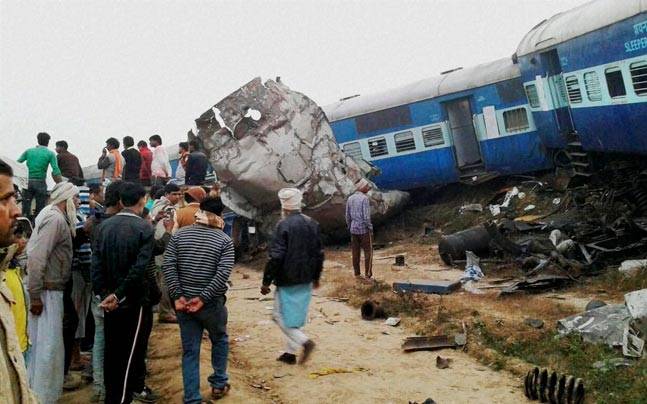
Railways Minister Suresh Prabhu told the Lok Sabha earlier this month that the series of train accidents in recent months, involving huge losses of life and property, were "unfortunate" and under investigation. Prabhu asserted: "Whoever plays with the lives of innocent people will not be spared."
But is this good enough? Shouldn't democratic accountability dictate that a railway minister resign as a sign of owning responsibility after a series of train accidents? This is an ethical question that has been sidestepped by successive railway ministers. They do not appear to be impressed by the example of Lal Bahadur Shastri, who stepped down as rail minister in November 1956 when the Ariyalur accident resulted in 140 lives being lost. But then Shastri is often dismissed as too much of an idealist; men like him would not survive in today's dog-eat- dog world, many aver.
Out of the 43 rail ministers, only two had the courage of conviction to demonstrate democratic
accountability for the lapses of the ministry under their charge.
accountability for the lapses of the ministry under their charge.
The closest to come to him is Nitish Kumar, who resigned as rail minister and owned moral responsibility for the Gaisal train accident that caused 240 deaths in August 1999. However, he returned as railway minister for three years, 2001 to 2004, a period during which several train accidents happened. So Nitish Kumar's is a mixed record.
Out of the 43 rail ministers, only two had the courage of conviction to demonstrate democratic accountability for the lapses of the ministry under their charge. The rest have taken the customary route—a train accident happens, the minister orders an enquiry, compensation is announced for the relatives of the dead (although whether that money ever reaches them is another matter). This cycle has continued for years, regardless of which government is in power. The accident is treated as just another hazard passengers have to live with and the minister bears zero responsibility.
No Comments For This Post, Be first to write a Comment.
Most viewed from National
Most viewed from World
AIMIM News
Latest Urdu News
Most Viewed
May 26, 2020
Do you think Canada-India relations will improve under New PM Mark Carney?
Latest Videos View All
Like Us
Home
About Us
Advertise With Us
All Polls
Epaper Archives
Privacy Policy
Contact Us
Download Etemaad App
© 2025 Etemaad Daily News, All Rights Reserved.

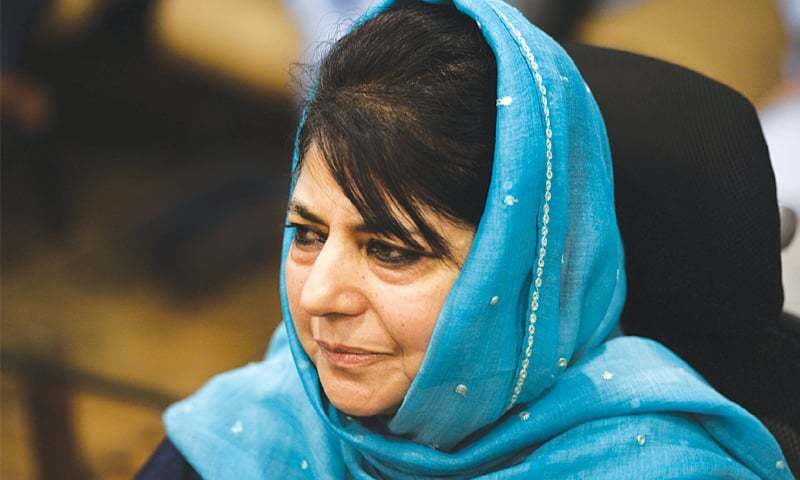



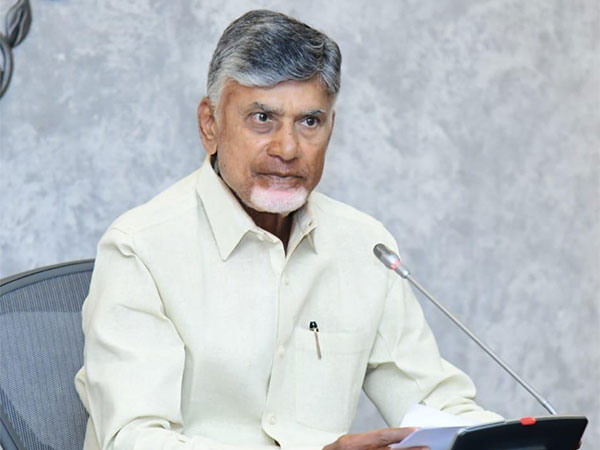

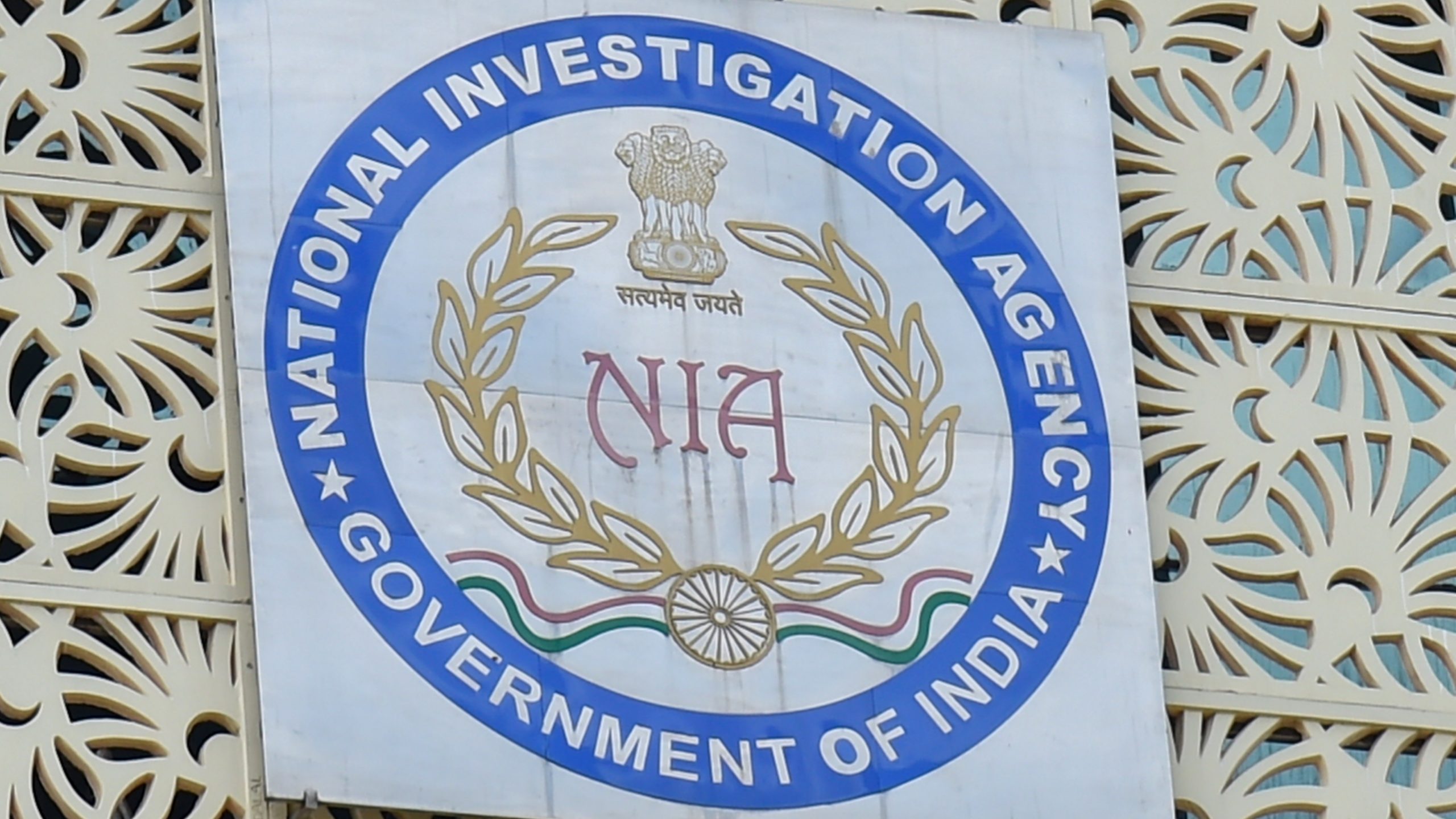
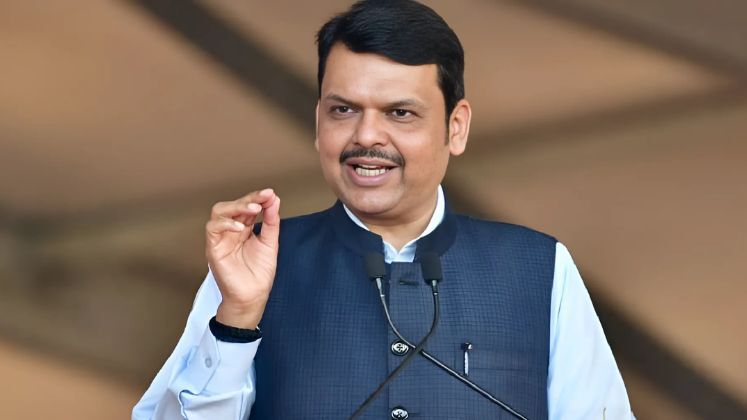
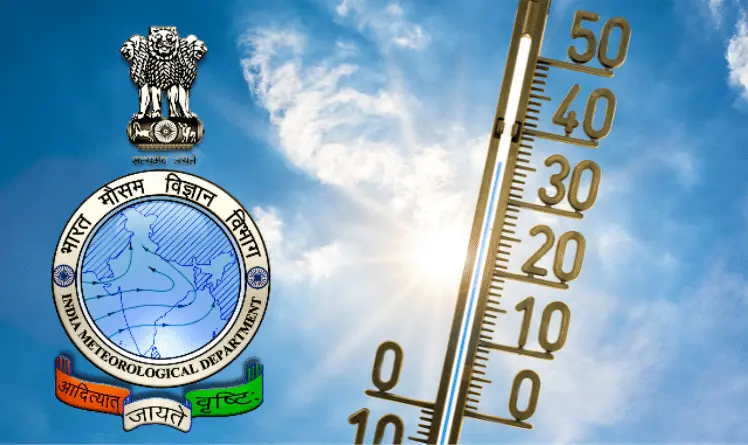
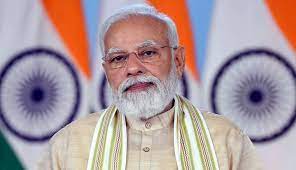
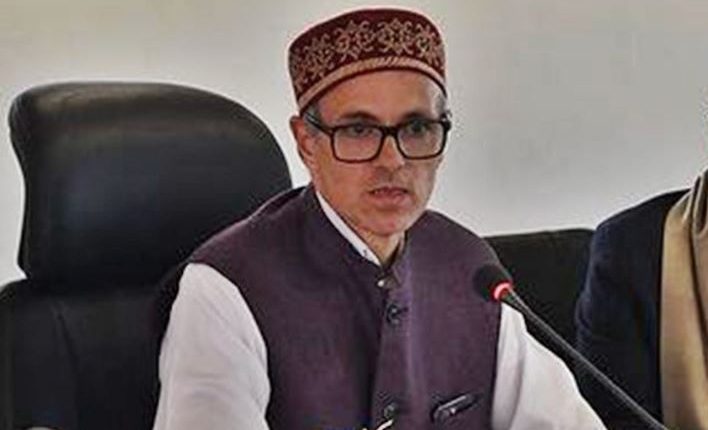
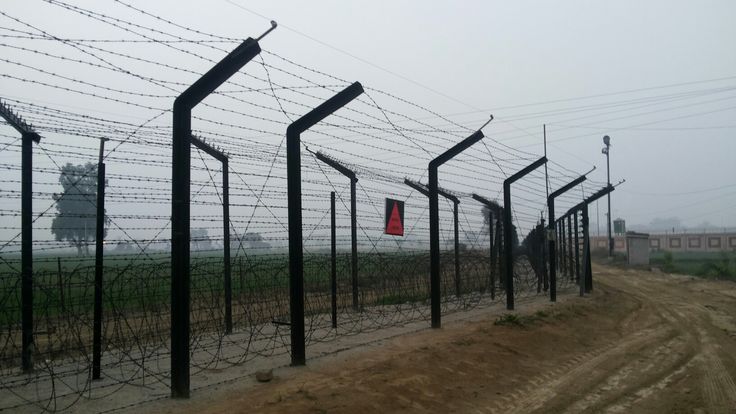
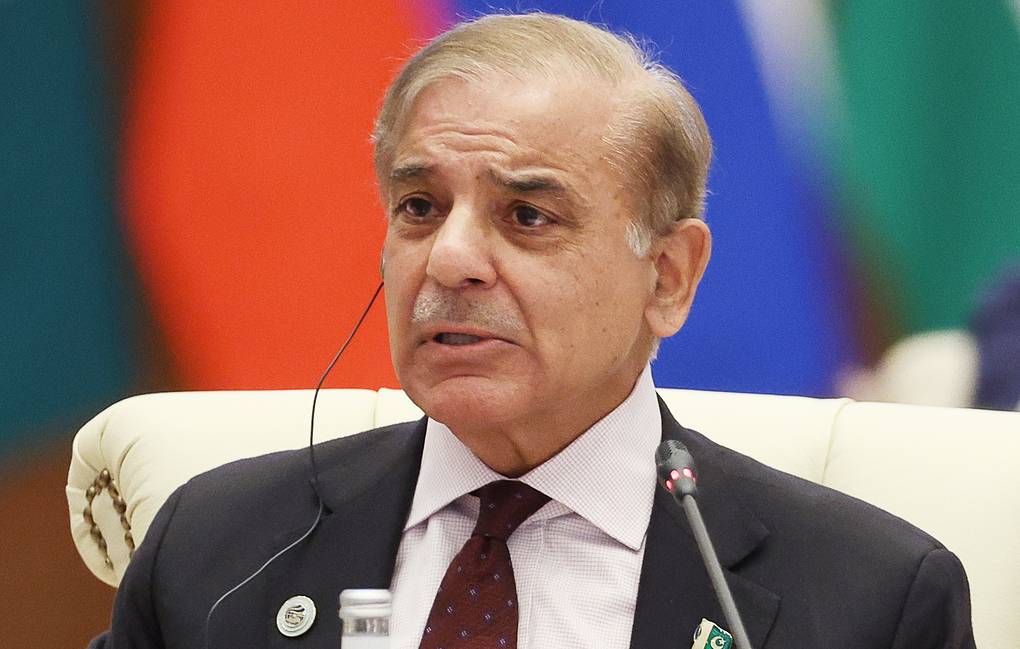
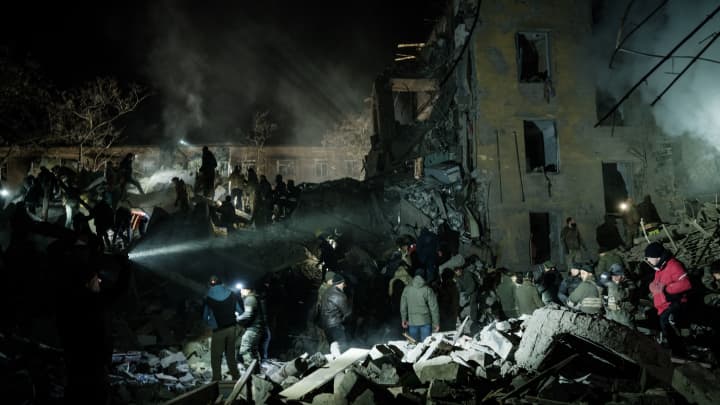

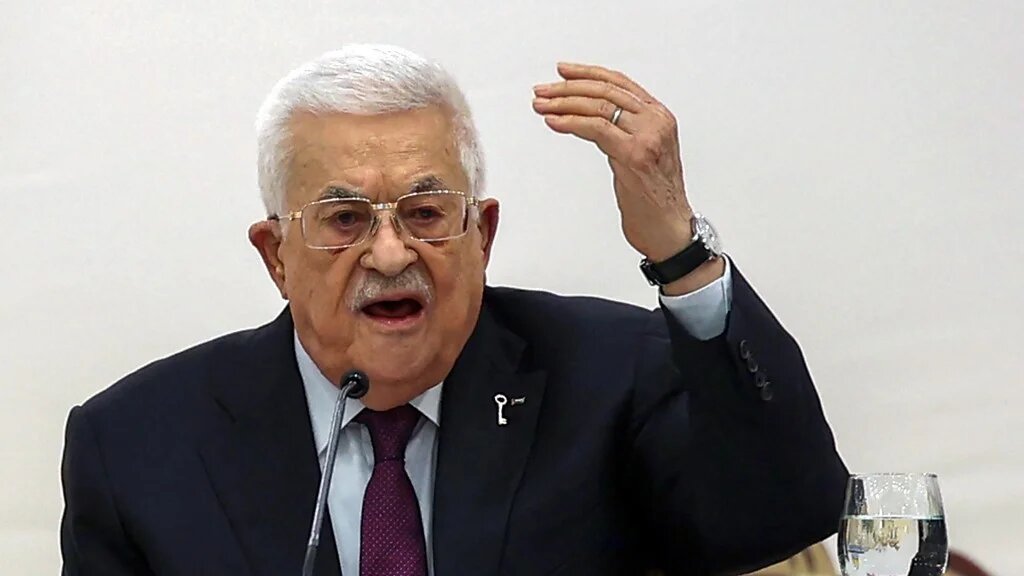


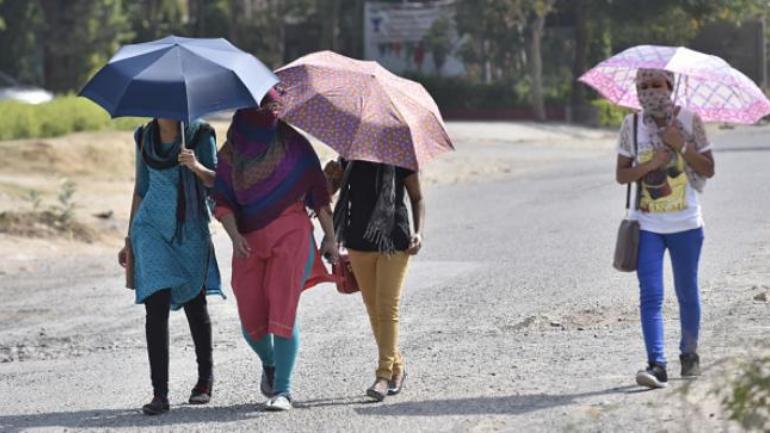
.jpg)
.jpg)
.jpg)
.jpg)
.jpg)

















